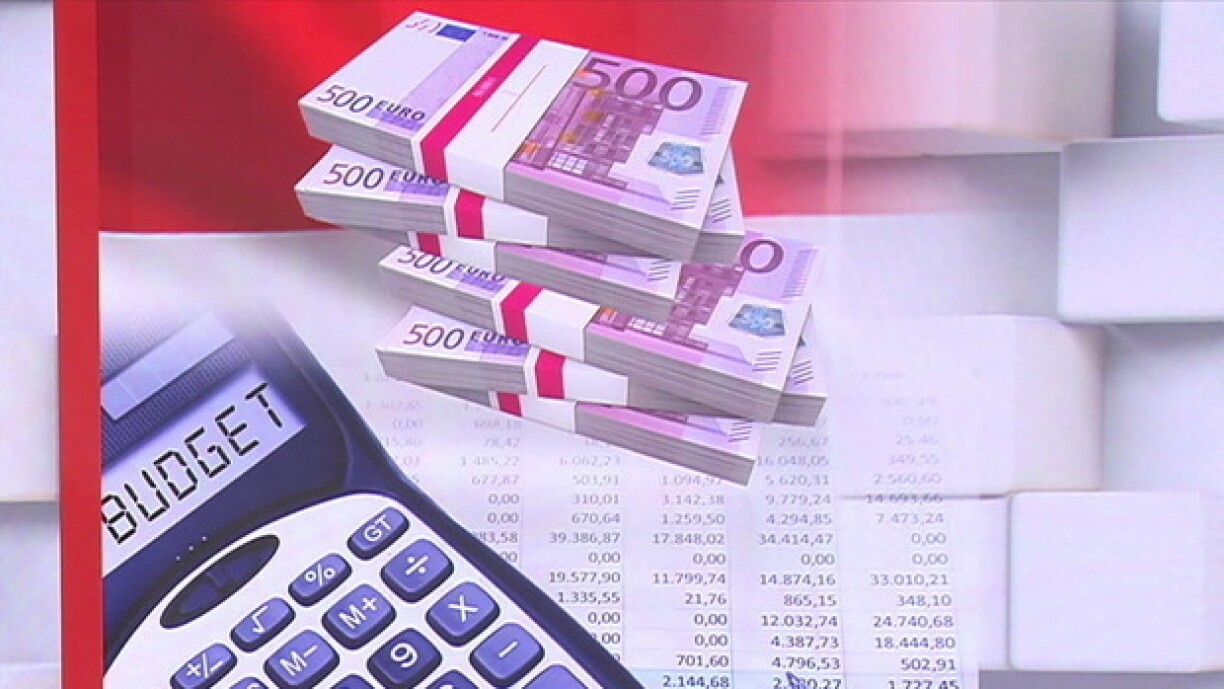
Minister of Finance Pierre Gramegna presented figures relating to the treasury on Wednesday morning in a session with the parliamentary commission on finance and the budget.
The central state had a surplus of €869 million by the end of the previous month, marking a €957 million improvement compared to June 2018. It should be noted that the figure only applies to the central state’s treasury, which consequently does not include social security figures or municipal budgets. A further comparison with the previous year reveals that revenues have risen by 13.4%, whereas expenses have risen by 2.8%. The difference between the revenues and expenses is due to become smaller, given that ministries are only just beginning the introduction of policies agreed upon by the coalition.
Residents continue to pay a lot of taxes, which has a positive effect on the state, pointed out CSV MP Diane Adehm. She then called for the government to reduce the solidarity tax down to its level from 2012.
The increase in fuel excises has certainly seen more revenue from fuel purchases, but the state has also noted a contrary impact following the excise increase. Diesel sales fell by 6.2% compared to the previous year between May and June. However, petrol sales rose in contrast.
At the presentation of the budget’s figurs, ADR MP Gast Gibéryen deplored the government’s reluctance to confirm whether it will continue to raise excises. Gramegna remained steadfast with his response that the government is awaiting the end of a six-month period in order to evaluate the impact on diesel sales. Gramegna said it was too early to make any ‘definitive conclusions’, but reminded MPs of the government’s commitment to fulfil the goals set out by the Paris Climate Agreement.
Looking ahead, the government is still in the process of preparing its fiscal reform due to introduce a single tax bracket. The details will emerge in the next year as preparations finalise. The minister also revealed that if the budget excess remains confirmed, the government would look to putting the surplus in an intergenerational sovereign fund. Gramegna said he would examine the issue in more detail in September.